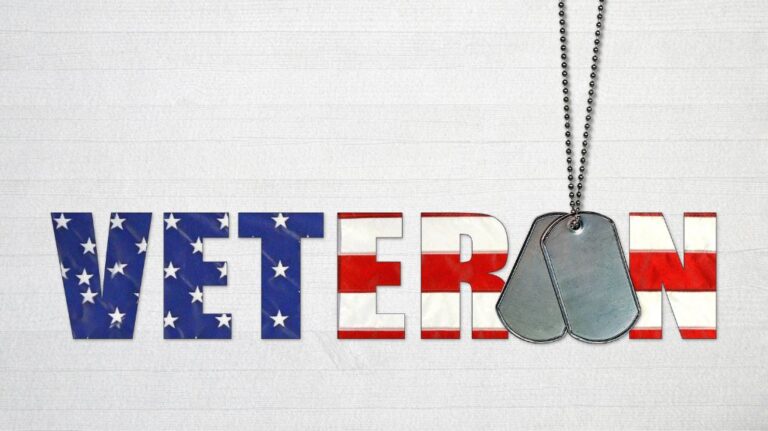What is the Difference Between 1151 and a Tort Claim?
When a veteran receives medical care at a Department of Veterans Affairs (VA) facility and suffers an injury due to negligence, they have options for seeking compensation.
Two primary avenues exist: filing a claim under Title 38, U.S. Code § 1151 (Section 1151) or pursuing a lawsuit under the Federal Tort Claims Act (FTCA). While both address the harm caused by the VA, they differ significantly in their approach and outcome.

Section 1151: A System of Additional Benefits
A Section 1151 claim focuses on obtaining additional disability compensation. It applies when a veteran’s existing disability worsens or a new disability arises due to medical malpractice at a VA facility, including hospitals, clinics, or contracted providers.
The key concept here is “service-connected.” If the VA determines the malpractice caused the additional disability, it gets treated the same way as an injury sustained during military service. This translates to a monthly tax-free benefit based on the severity of the new disability.
Here’s a breakdown of Section 1151 claims:
- Focus: Additional disability compensation
- Benefits: Monthly payments based on the severity of the new disability
- Process: Filing a claim with the VA, going through a potential appeal process
The FTCA: Taking Legal Action
The FTCA allows lawsuits against the federal government for negligence by its employees, including VA personnel. In a medical malpractice case, a veteran sues the VA for damages directly related to the negligent treatment, such as medical expenses, lost wages, and pain and suffering. Unlike Section 1151, the FTCA doesn’t provide ongoing disability benefits.
Here’s a breakdown of FTCA claims:
- Focus: Monetary damages for injury and related losses
- Benefits: Lump sum payment to cover medical bills, lost wages, and pain and suffering
- Process: Filing a lawsuit with the federal court system, potentially involving a complex legal process
Choosing the Right Path: Key Considerations
While both options offer relief, several factors influence which path is most suitable for a veteran:
- Desired outcome: If the primary goal is ongoing financial support due to a worsened disability, a Section 1151 claim is ideal. Conversely, if seeking compensation for immediate medical bills and lost wages is the priority, then an FTCA lawsuit might be preferable.
- Evidence of negligence: Both options require establishing negligence by the VA. However, the FTCA often has a higher bar for proving negligence.
- Timeline: Section 1151 claims generally have a less stringent timeframe for filing compared to FTCA lawsuits, which have a stricter statute of limitations.
- Legal expertise: FTCA lawsuits involve complex legal procedures, and it’s highly advisable to have an experienced attorney represent the veteran. Section 1151 claims can often be navigated with the help of veterans’ service organizations.
Important Considerations: It’s Not Always Either/Or
Veterans don’t necessarily have to choose between Section 1151 and an FTCA claim. In some cases, both options might be pursued simultaneously. For instance, a veteran could file a Section 1151 claim for ongoing disability compensation while also filing an FTCA lawsuit to recover medical expenses directly related to the malpractice.
Seeking Help and Resources
Veterans contemplating legal action against the VA should seek guidance from qualified sources. Here are some resources that can help:
- Private attorneys specializing in veterans’ law: These VA benefits attorneys can provide legal advice and representation for FTCA lawsuits. Having an attorney can be one of the most effective ways for a veteran to be heard.
- VA Office of General Counsel: This office can provide information on the claims process for Section 1151 claims.
- Veterans Service Organizations (VSOs): These organizations offer free legal assistance and representation to veterans navigating VA claims.
Putting it All Together
Understanding the differences between Section 1151 and FTCA claims empowers veterans to choose the best path toward compensation after experiencing medical malpractice at a VA facility. By considering their desired outcome, available evidence, and the legal complexities involved, veterans can navigate the process efficiently and secure the support they deserve.







